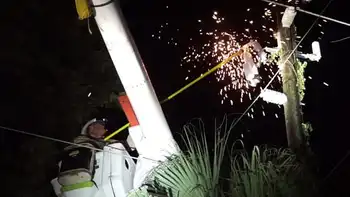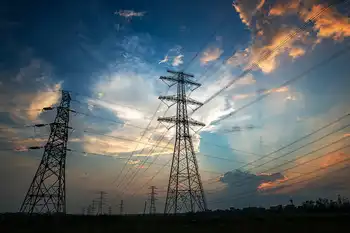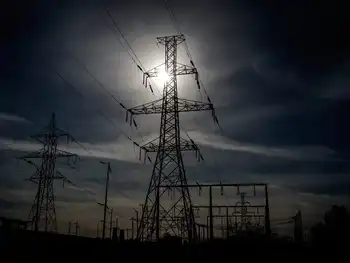FCC urges broadband, smart grid cooperation
WASHINGTON, D.C. - The Federal Communications Commission (FCC) has taken an active and financial role in plans for both the smart grid and broadband development, and it's now encouraging the two industries to use one another.
Speaking to attendees of the Cleantech Investor Summit, FCC energy and environmental director Nick Sinai said that the FCC will make specific recommendations on how to bring broadband to the smart grid through the National Broadband plan due to Congress in March.
According to a report from green blog Earth2Tech, the recommendations will center on three areas: how to promote open standards and commercial networks, how policies can encourage utilities to provide their customers with real-time open access to energy data and ways to use federal spectrum bands for utilities' smart grid deployments.
Earth2Tech reports that Sinai said the FCC will look at ways to remove disincentives to using commercial networks as many utilities have maintained they need to build their own networks to be successful in the smart grid. For those utilities that do build their own private networks, Sinai said the FCC will encourage them to operate in the same band in order to drive down costs and encourage open standards. The FCC is working with the National Telecommunications and Information Administration (NTIA) to look at available federal spectrum bands, Sinai said.
These recommendations support an approach that Successful.com CEO Craig Settles recommended after the first round of smart-grid stimulus funds were doled out last October. Community broadband projects that got green lighted in the first round of broadband stimulus fund grants will have a better chance at success if they show how their proposals can be bolstered through partnership with a utility. It's an idea that more utilities are embracing given the steep costs of deploying a private network and the enthusiasm from the telecom industry surrounding the grid.
The major carriers in the US have had initial reviews with the FCC's utilities practice group to outline their plans for broadband connectivity and are in the process of providing more detail, according to Sprint's national program manager for utilities Robert Gustin. He said that Sprint has seen increased business stemming from the Department of Energy's smart-grid stimulus grants and is working with its more than 100 utility partners to explore how WiMax can play a role in their deployments going forward.
"Every one of our engagements with utilities is unique," Gustin said. "They may have a different regulatory environment. They may be in a different position financially. It just depends how diversified they are, whether they have global reach or are only here domestically…. Every business case is unique, but we have a very good idea of the applications we have to resolve – network coverage, network reliably, bandwidth issues, get the cost points of data transport – these are all very important parts of it."
Related News

IEA: Electricity investment surpasses oil and gas for the first time
LONDON - Investments in electricity surpassed those in oil and gas for the first time ever in 2016 on a spending splurge on renewable energy and power grids as the fall in crude prices led to deep cuts, the International Energy Agency (IEA) said.
Total energy investment fell for the second straight year by 12 per cent to US$1.7 trillion compared with 2015, the IEA said. Oil and gas investments plunged 26 per cent to US$650 billion, down by over a quarter in 2016, and electricity generation slipped 5 per cent.
"This decline (in energy investment) is attributed to two…




